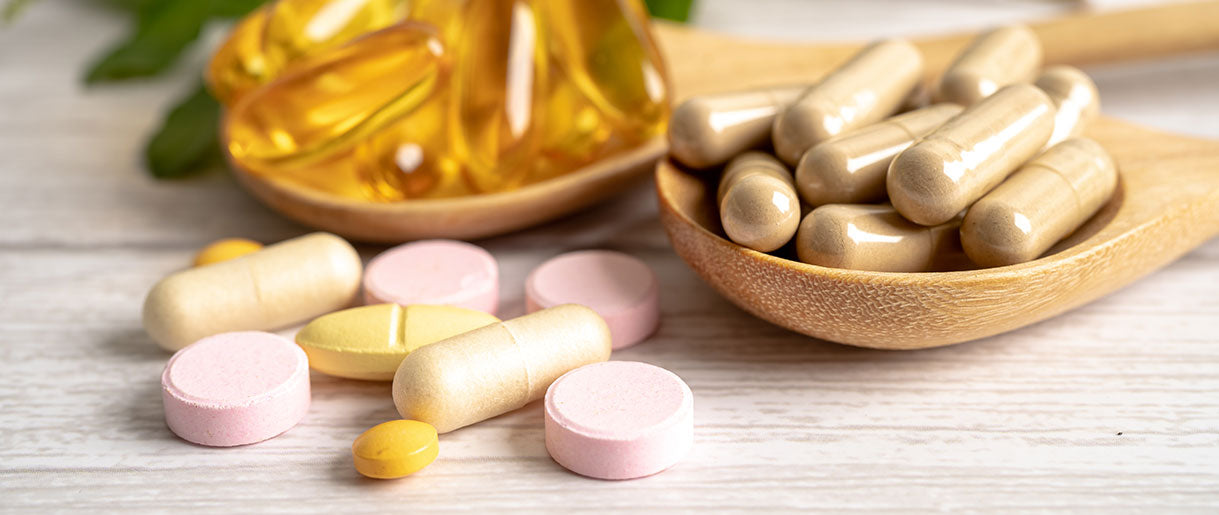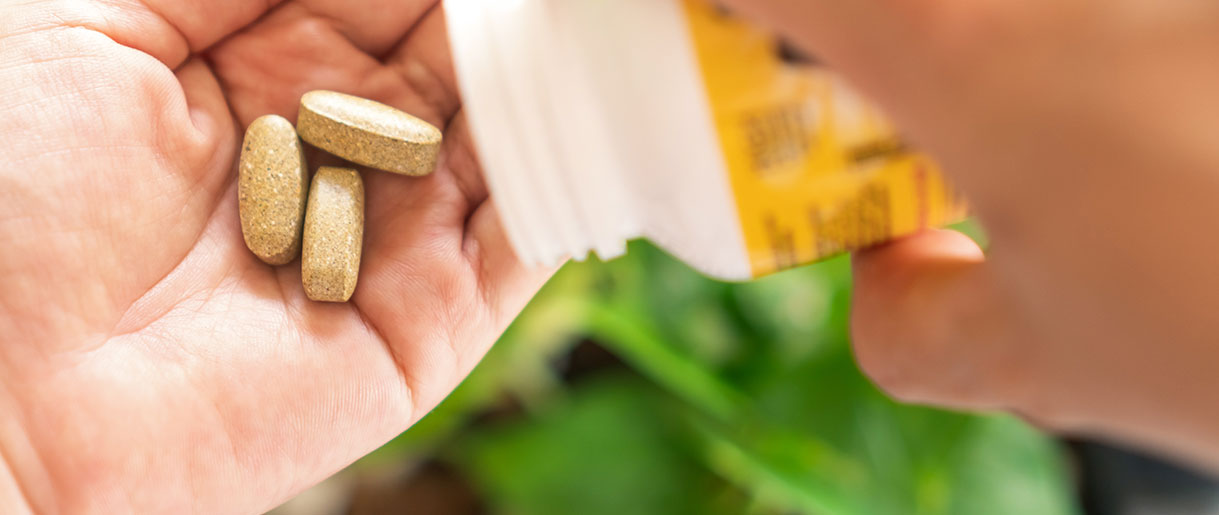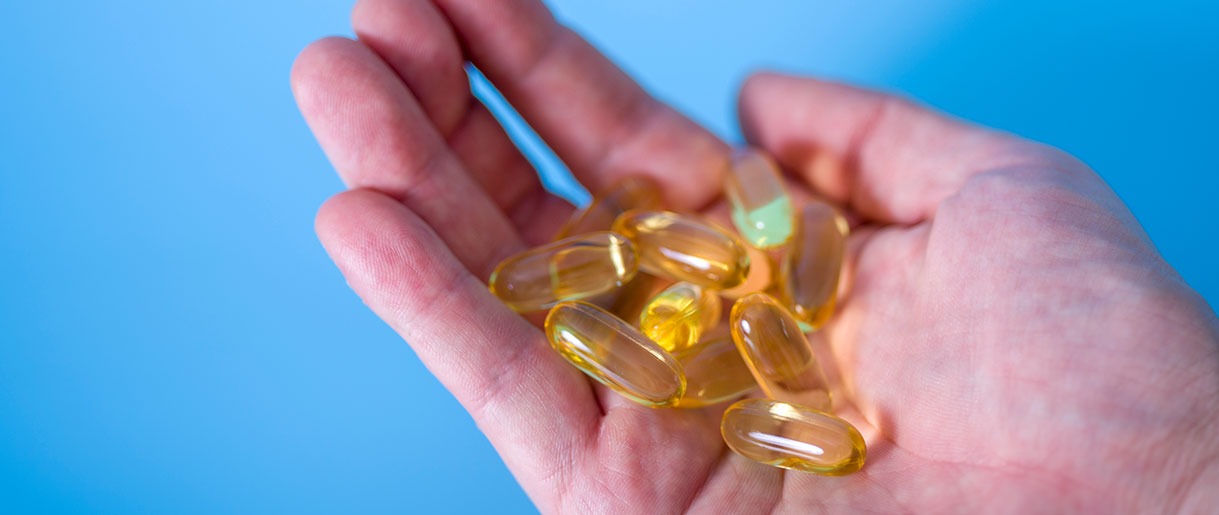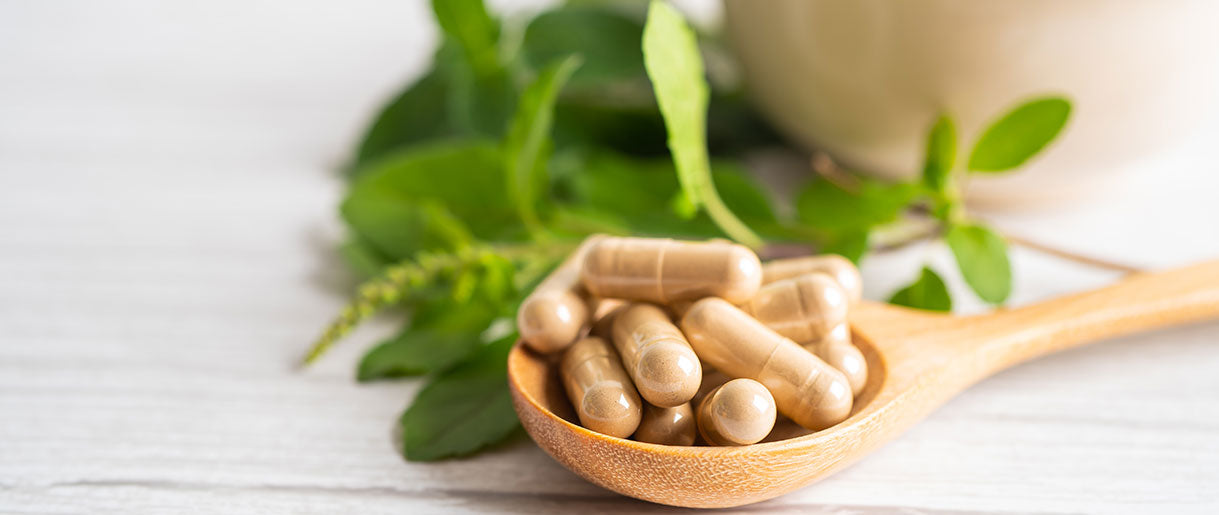Nootropics, in the simplest terms, are compounds that claim to boost our cognitive abilities. They range from well-known caffeine to complex synthetic compounds, and each comes with its promise of better memory, increased concentration, enhanced creativity, or even a calmer mind.
Sounds intriguing, right? But before diving into this fascinating world, there's much to unpack.
From natural supplements like Ginkgo Biloba and Omega-3 fatty acids to prescription drugs used in treating conditions like ADHD and narcolepsy, nootropics are as diverse as they are popular.
But here's the kicker: while some swear by their life-changing effects, others question their efficacy and safety. So, let's embark on a journey together to demystify these brain-boosting substances.
The 4 Main Types of Nootropics

When diving into the world of nootropics, you'll quickly find that it's as varied as it is fascinating. Nootropics for focus come in many forms, each with unique properties and benefits.
Understanding these types can help you navigate this complex landscape more effectively. Let's break down the main categories:
Natural Nootropics: These are often plant-based or herbal supplements known for their cognitive-enhancing properties. They're generally considered safer and have fewer side effects. Examples include:
- Ginkgo Biloba: Aids memory and concentration (1).
- Panax Ginseng: Boosts energy (2) and mental clarity.
- Bacopa Monnieri: Enhances memory (3) and helps in stress management.
- Rhodiola Rosea: Improves focus and fights fatigue (4).
Synthetic Nootropics: Created in labs, these nootropics are designed to affect cognitive functions directly. They can be more potent but have a higher risk of side effects. Some well-known synthetic nootropics are:
- Modafinil: Promotes wakefulness and alertness (5) and is often used for narcolepsy.
- Noopept: Offers a significant boost to memory (6) and learning capabilities.
- Piracetam: Enhances cognitive abilities (7) and is one of the oldest in this category.
Nutraceuticals: These are food-derived nootropics offering health and medicinal benefits. They bridge the gap between natural and synthetic, offering cognitive benefits while contributing to overall health. Examples include:
- Omega-3 Fatty Acids: Essential for brain health and function (8).
- Creatine: Supports brain energy metabolism and improves cognitive performance (9).
Prescription Nootropics: These are medically prescribed for specific conditions like ADHD and Alzheimer's disease. They are strictly regulated and used under medical supervision. Common prescription nootropics include:
- Adderall and Ritalin: Commonly prescribed for ADHD, enhancing focus and concentration.
- Memantine: One of the best nootropics for memory, Memantine is used to treat Alzheimer's disease to improve memory and function.
Benefits and Uses of Nootropics

Nootropics have garnered much attention for their potential to enhance various aspects of cognitive function.
While they are not magic pills that can instantly turn you into a genius, many individuals find them helpful for improving mental performance in various ways. Let's explore the key benefits and common uses of nootropics:
1. Improved Memory and Learning: Many nootropics, like Bacopa Monnieri and Piracetam, enhance memory. Some of the best nootropics for studying, students and professionals often use them to boost learning capabilities and recall.
2. Increased Focus and Concentration: This is perhaps the most sought-after benefit. Substances like caffeine and prescription nootropics like Adderall are widely used to enhance focus, especially in people with attention disorders like ADHD—this makes them some of the best nootropics for ADHD.
3. Enhanced Mental Clarity and Processing Speed: Nootropics like Rhodiola Rosea and Modafinil can help clear mental fog (some of the best nootropics for brain fog). They allow for quicker thought processing, making them popular among individuals in high-pressure, cognitive-demanding environments.
4. Stress and Anxiety Reduction: Adaptogenic herbs like Ashwagandha (10) help manage stress and anxiety, promoting a more balanced mental state, which is crucial for effective cognitive functioning.
5. Mood Enhancement: Certain nootropics can also improve mood by regulating neurotransmitters, positively impacting cognitive function and enhancing daily productivity.
6. Neuroprotection and Long-Term Brain Health: Some nootropics, including Omega-3 Fatty Acids, offer neuroprotective benefits, helping to maintain brain health and potentially staving off cognitive decline as we age.
How Nootropics Work

The intriguing world of nootropics captivates many with its promise of enhanced brain function, but how exactly do these substances work their magic on our minds?
Understanding the mechanics behind nootropics can shed light on their potential effectiveness and why they are becoming increasingly popular in our fast-paced, cognitively demanding world.
- Neurotransmitter Modulation:Neurotransmitters are the brain's chemical messengers. Nootropics like Racetams and Modafinil work by influencing these neurotransmitters, thereby affecting cognitive functions. For instance, some nootropics may increase levels of acetylcholine, a neurotransmitter associated with learning and memory, or dopamine, which impacts mood and motivation.
- Blood Flow and Oxygenation: Substances like Ginkgo Biloba and Vinpocetine improve blood flow to the brain (11). This increased circulation means more oxygen and nutrients, which can enhance cognitive functions. Better blood flow improves concentration, alertness, and cognitive agility.
- Brain Energy Metabolism: Nootropics like Creatine and certain B vitamins support the brain's energy-producing processes, making energy more readily available to brain cells. This can increase mental stamina, reduce mental fatigue, and enhance overall cognitive functioning.
- Brainwave Regulation: Some nootropics, particularly L-Theanine, influence brainwave patterns, promoting states of relaxed alertness. This can be particularly beneficial for focus, meditation, and creative work.
- Stress Resistance:Adaptogens like Ashwagandha help the brain cope with stress, reducing the detrimental effects of chronic stress and anxiety on cognitive function. By mitigating stress, these nootropics can improve focus, memory, and overall mental well-being.
- Neuroprotection: Many nootropics have antioxidant properties that protect neurons from damage due to oxidative stress and aging. This neuroprotective aspect is crucial for maintaining cognitive function as we age.
Safety and Side Effects of Nootropics

While nootropics are celebrated for their potential to enhance cognitive functions, it's crucial to approach their use with an understanding of safety and potential side effects.
Like any supplement or medication, nootropics have side effects. Here's a balanced look at what you need to know:
- Natural vs. Synthetic: Natural nootropics, such as herbs and vitamins, generally have a better safety profile and are less likely to cause side effects. Synthetic nootropics, while potentially more potent, can carry more risks.
- Prescription Nootropics: Medications like Adderall or Modafinil, used for specific conditions (e.g., ADHD, narcolepsy), are regulated but can have significant side effects and potential for abuse.
- Mild Reactions: These can include headaches, dizziness, gastrointestinal discomfort, and sleep disturbances.
- Serious Concerns: In some cases, especially with misuse or high doses, users might experience more severe side effects like increased heart rate, blood pressure issues, or psychological effects (e.g., anxiety, depression).
- Risk of Dependency and Tolerance: With certain synthetic nootropics and prescription medications, there's a risk of developing dependency or tolerance, requiring higher doses to achieve the same effect.
- Potential Interactions: Nootropics can interact with other medications, altering their effectiveness or leading to adverse effects. It's essential to consult with a healthcare provider, especially if you're taking other medications.
While nootropics offer exciting possibilities for cognitive enhancement, their use must be balanced with an awareness of safety and potential side effects. Responsible use, informed by current research and medical advice, is critical to maximizing the benefits of nootropics while minimizing risks.
FAQs About "What Are Nootropics?"
Can Nootropics Help with Focus and Concentration in People with ADHD?
Yes, certain nootropics are believed to boost focus and concentration, which can be particularly beneficial for individuals with ADHD. These nootropics work by modulating neurotransmitters like dopamine and norepinephrine, which are often imbalanced in ADHD.
However, it's important to note that while nootropics can complement ADHD treatment, they are not a substitute for professional medical advice or prescription medications. Consulting with a healthcare provider is essential to determine the best approach for individual needs and conditions.
Are There Any Long-Term Risks Associated with Using Nootropics?
The long-term risks of nootropics can vary depending on the type and dosage of the supplement, as well as the individual's health profile. While many natural nootropics are considered safe for long-term use, synthetic nootropics or higher doses might carry risks such as dependence, tolerance, or cognitive impairments.
The research on long-term effects is still evolving, so it's crucial to use nootropics judiciously, under the guidance of a healthcare professional, and to stay informed about new research findings in this area.
How Do Nootropics Interact with Other Medications?
Nootropics can interact with other medications in various ways, either enhancing or diminishing their effects. For instance, nootropics that affect neurotransmitter levels might interact with psychiatric medications, leading to imbalances.
Similarly, nootropics influencing blood flow or metabolism could interfere with cardiovascular or metabolic drugs. Therefore, it's critical to consult with a healthcare provider before starting any nootropic regimen, especially if you're taking other medications, to avoid potential adverse interactions and ensure safe use.
Key Takeaways
And there you have it – the fascinating world of nootropics in a nutshell. We've journeyed through the brain-boosting alleys of these remarkable compounds, discovered their natural and synthetic varieties, and even dived into how to pick and use them safely. It's clear that nootropics aren't just a passing trend; they're a gateway to a more focused, sharper, and vibrant mental state.
But remember, nootropics are teammates, not magicians. They work best with a healthy lifestyle, a curious mind, and a zest for life. Whether you're looking to sharpen your focus, enhance your memory, or give your brain a healthy boost, these cognitive enhancers can be your ally on this journey.
Now, we turn it over to you. What are your thoughts on nootropics? Have you tried any, or are you considering it? Maybe you have some tips or experiences to share?
Drop a comment below and join the conversation. After all, the journey to a healthier brain is more fun when we're in it together. Let's keep learning, exploring, and growing our minds—one nootropic at a time!
References
- Examining Brain-Cognition Effects of Ginkgo Biloba Extract: Brain Activation in the Left Temporal and Left Prefrontal Cortex in an Object Working Memory Task, (1), https://www.ncbi.nlm.nih.gov/pmc/articles/PMC3166615/
- Efficacy of Ginseng Supplements on Fatigue and Physical Performance: a Meta-analysis, (2), https://www.ncbi.nlm.nih.gov/pmc/articles/PMC5102849/
- Does Bacopa monnieri improve memory performance in older persons? Results of a randomized, placebo-controlled, double-blind trial, (3), https://pubmed.ncbi.nlm.nih.gov/20590480/
- Rhodiola rosea for physical and mental fatigue: a systematic review, (4), https://www.ncbi.nlm.nih.gov/pmc/articles/PMC3541197/
- Modafinil improves attentional performance in healthy, non-sleep deprived humans at doses not inducing hyperarousal across species, (5), https://www.ncbi.nlm.nih.gov/pmc/articles/PMC6472902/
- [Noopept in the treatment of mild cognitive impairment in patients with stroke], (6), https://pubmed.ncbi.nlm.nih.gov/22500312/
- Presence of Piracetam in Cognitive Enhancement Dietary Supplements, (7), https://www.ncbi.nlm.nih.gov/pmc/articles/PMC6902196/
- Effects of Omega-3 Polyunsaturated Fatty Acids on Brain Functions: A Systematic Review, (8), https://www.ncbi.nlm.nih.gov/pmc/articles/PMC9641984/
- The effects of creatine supplementation on cognitive performance—a randomised controlled study, (9), https://bmcmedicine.biomedcentral.com/articles/10.1186/s12916-023-03146-5
- Adaptogenic and Anxiolytic Effects of Ashwagandha Root Extract in Healthy Adults: A Double-blind, Randomized, Placebo-controlled Clinical Study, (10), https://www.ncbi.nlm.nih.gov/pmc/articles/PMC6979308/
- Effects of Ginkgo biloba on cerebral blood flow assessed by quantitative MR perfusion imaging: a pilot study, (11), https://pubmed.ncbi.nlm.nih.gov/21061003/










Let Us Know Your Comments